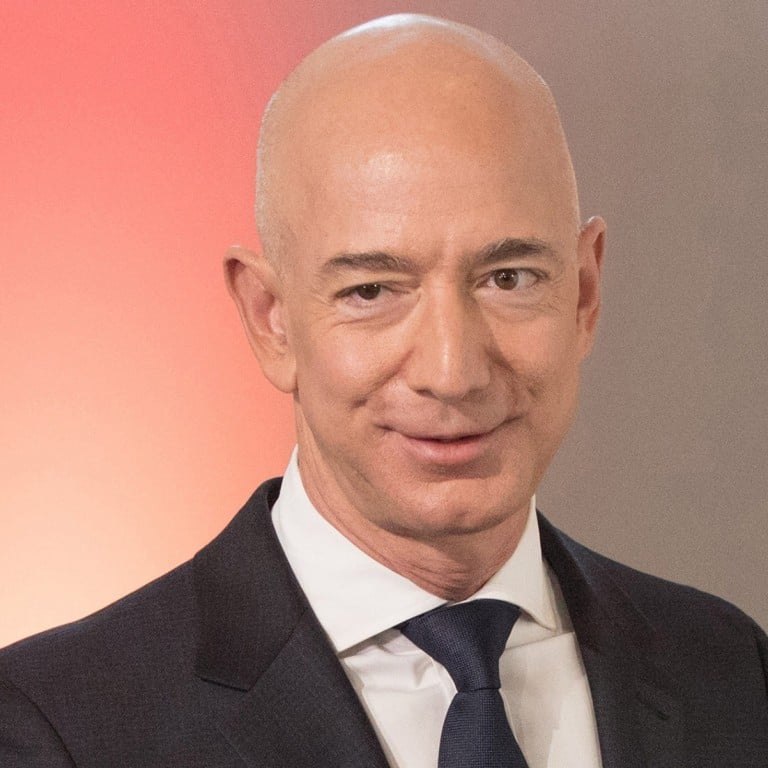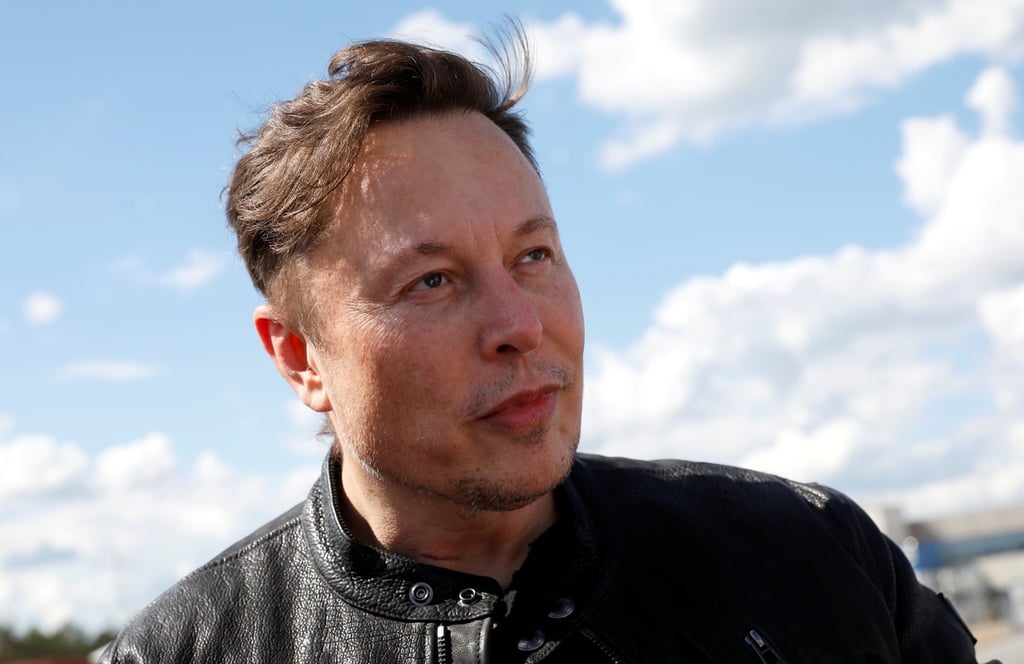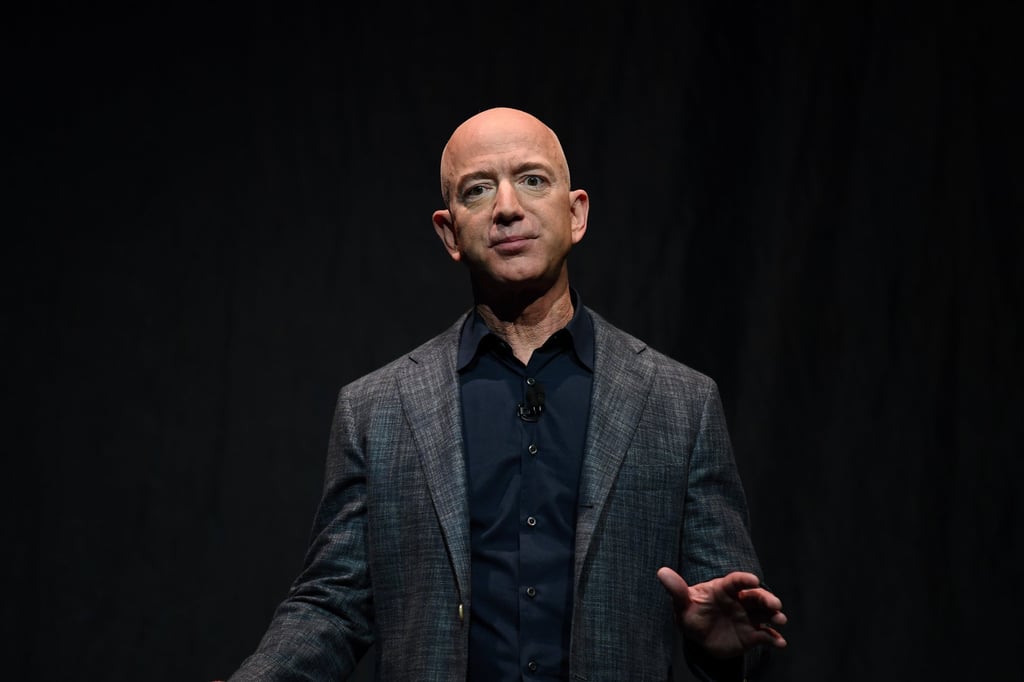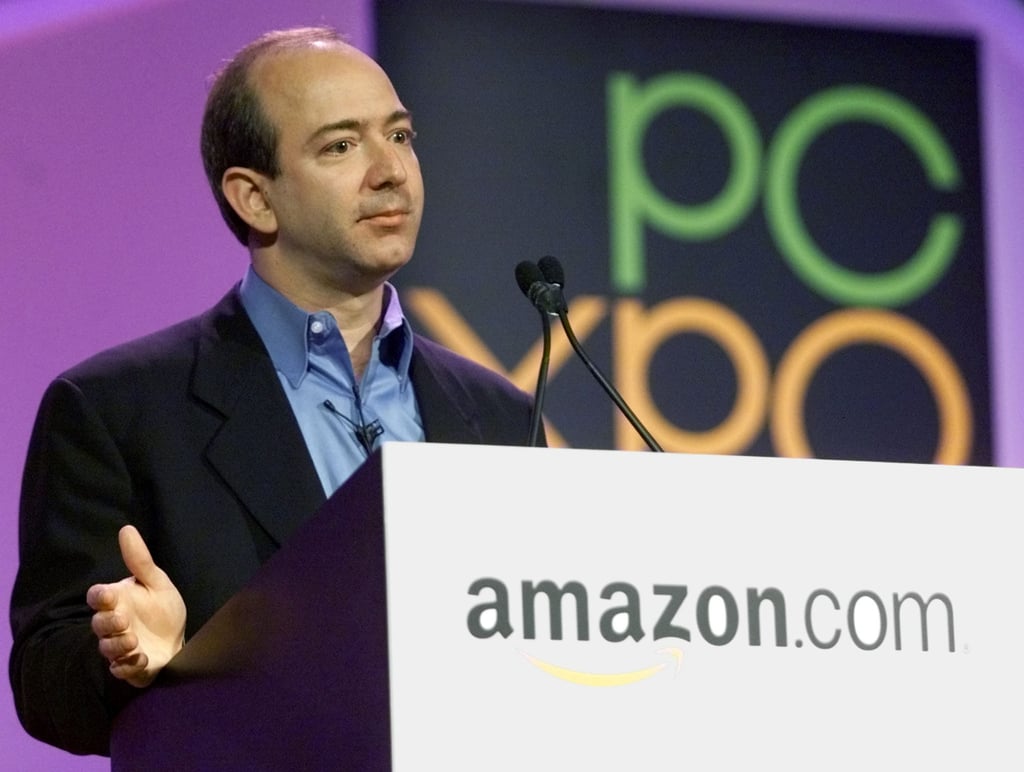Advertisement
Advertisement
Advertisement
Jeff Bezos is going to space ... before Elon Musk: inside the billionaire tech CEOs’ 15-year feud – from Twitter spats to Nasa contracts
STORYBusiness Insider

- The Amazon founder will be on Blue Origins’ first human space flight in July with his brother, Mark – putting him ahead of Musk and SpaceX
- They might be two of the richest men in the world alongside Bill Gates and Mark Zuckerberg, but they’ve never seen eye to eye – not even in the 2000s
Over the last 15 years, two of the world’s most high-profile CEOs, Elon Musk and Jeff Bezos, have been engaged in a simmering rivalry.
The two execs have sparred over their respective space ambitions – Musk runs SpaceX, while Bezos owns Blue Origin – but it hasn’t stopped there: Musk has called out Bezos for running what he deemed a monopoly, and has called Bezos a copycat for his self-driving car interests.

Advertisement
Musk and Bezos are two of the most powerful CEOs in the world. Bezos is currently the wealthiest living person and runs Amazon’s sprawling empire while also involving himself in Blue Origin’s quest to send people to the moon. Musk is a dual CEO, manning the ship at both Tesla and SpaceX. Over the years, their not-so-subtle rivalry has even given way to Twitter spats and name-calling.
Now, Bezos is surpassing Musk in a major way: by heading to space himself. Bezos announced that he will be on Blue Origin’s first human space flight in July alongside his younger brother, Mark.

Here’s how Musk’s and Bezos’ rivalry began – and everything that’s happened since.
Jeff Bezos in the early 2000s
Back in the early 2000s, Jeff Bezos wasn’t yet the titan he is today. Bezos had launched Amazon five years prior, and the company had gone public in 1997. But Amazon wasn’t yet the powerhouse it would become. It was years before the company would launch Prime, start its own streaming service, or create its cloud infrastructure service, Amazon Web Services.

Select Voice
Choose your listening speed
Get through articles 2x faster
1.25x
250 WPM
Slow
Average
Fast
1.25x